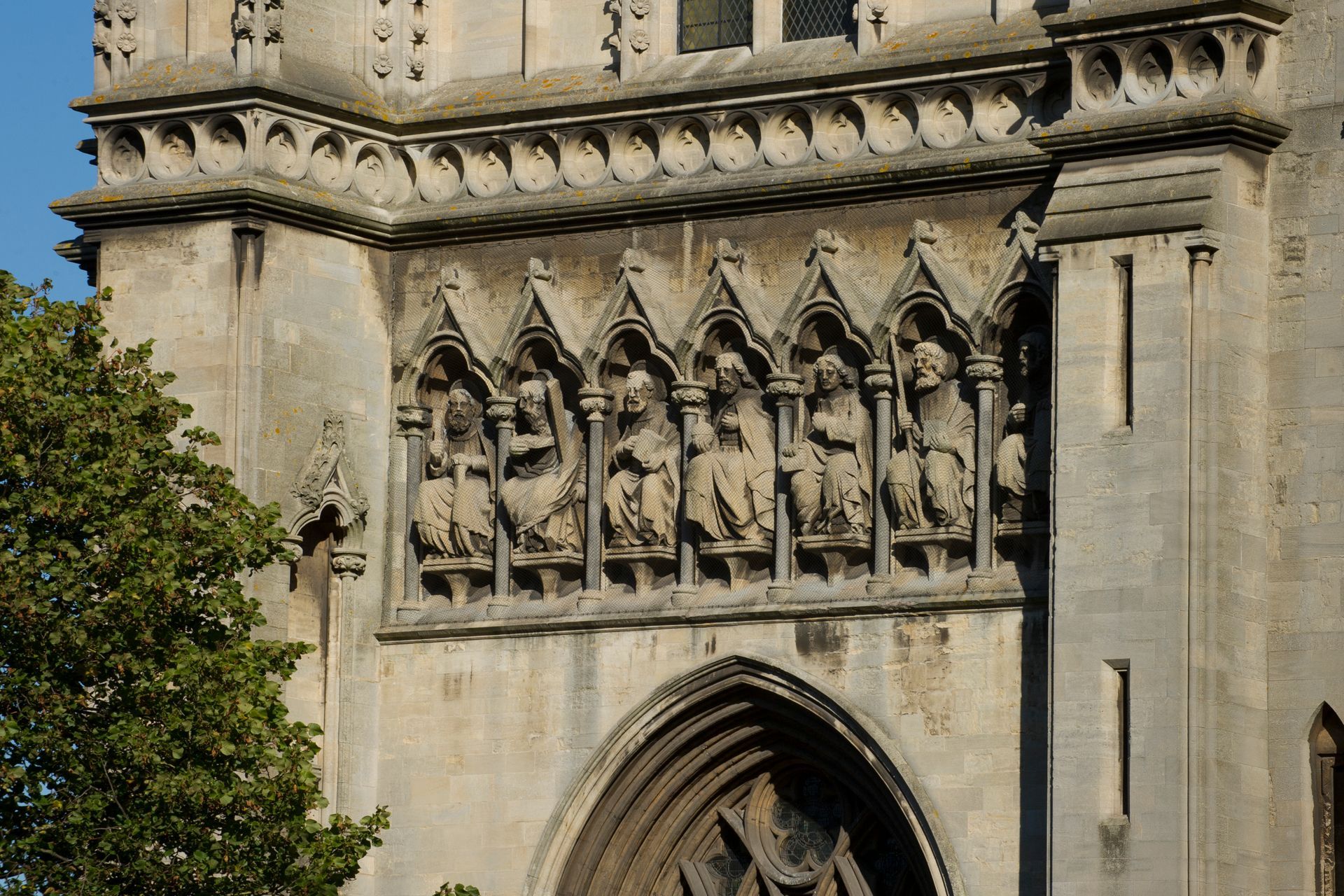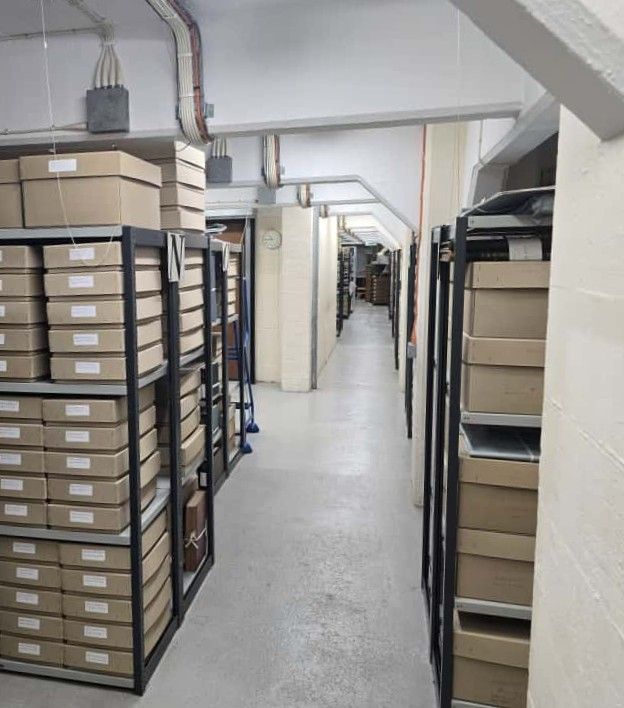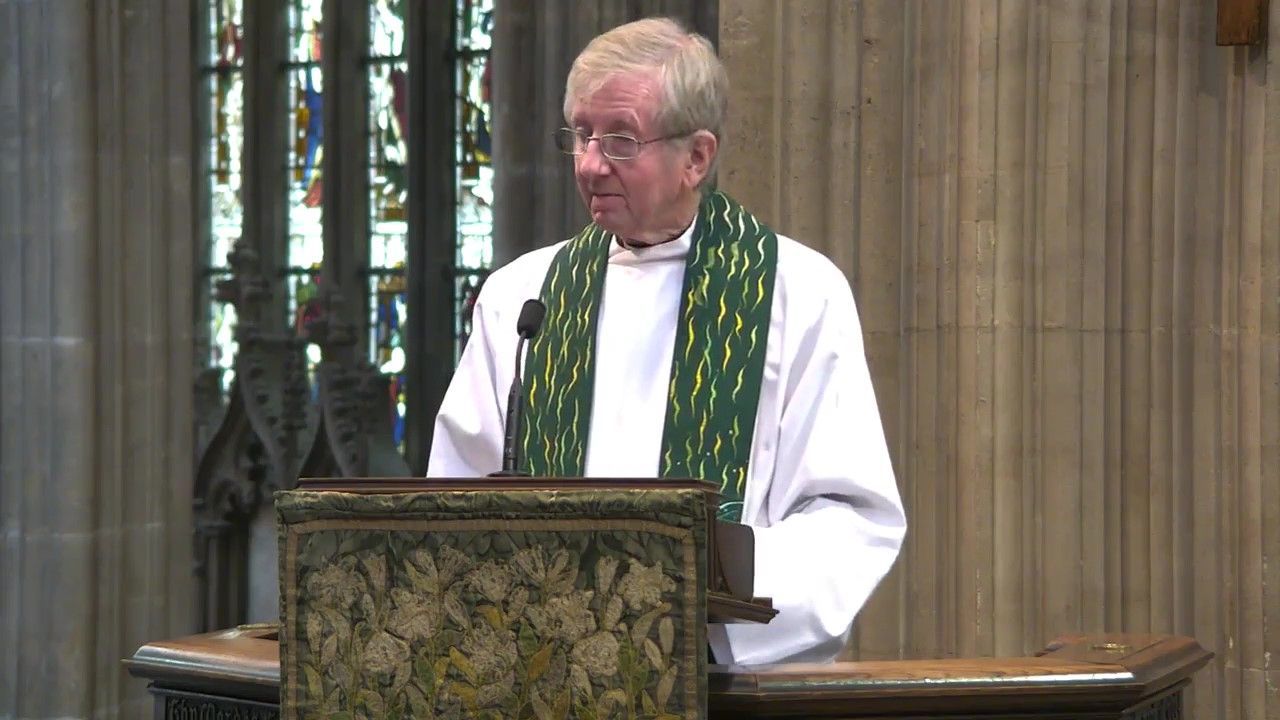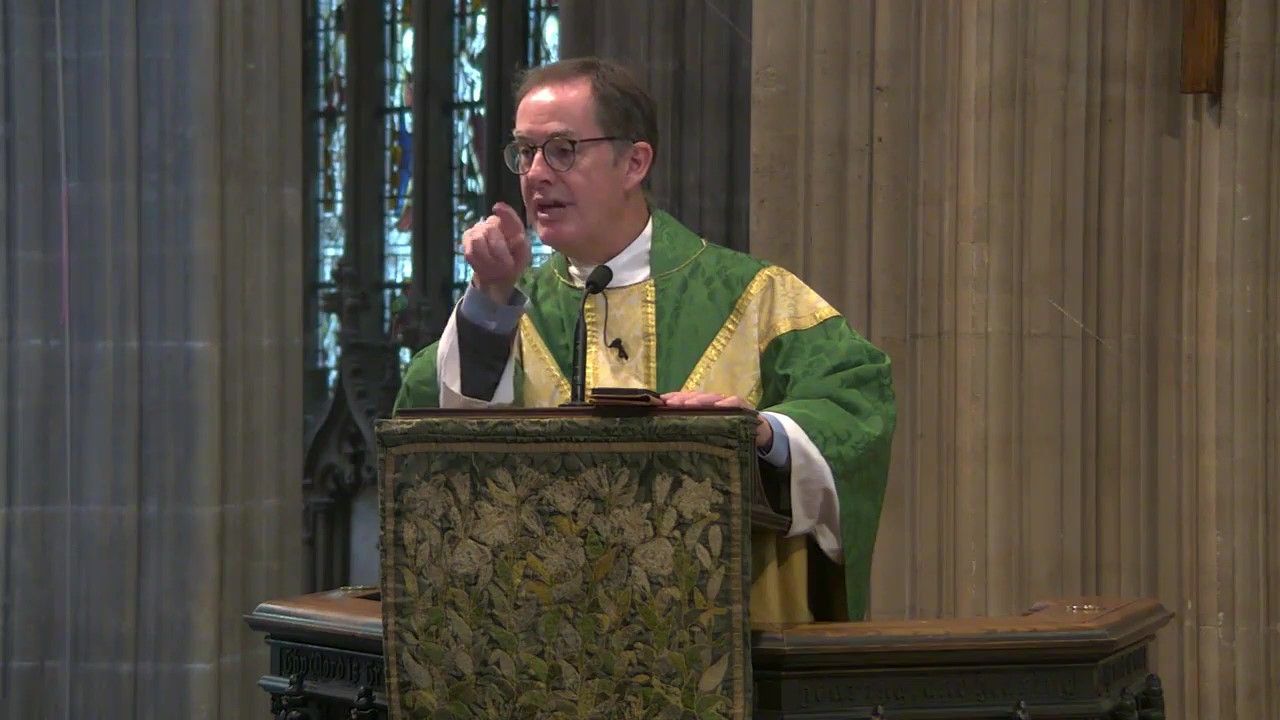Whoever is not against us is for us
Jesus' disciples seemed to be keen on rules: rules that define some as 'in' and others as 'out'. This is the position in Sunday's gospel reading. The disciples had tried to stop someone casting out demons in the name of Christ because "he wasn't following us". He wasn't part of the in-crowd, one of the clique, a signed-up member of the Jesus squad.
As a side note, I find it intriguing that the disciples came to Jesus saying "we tried to stop ... " rather than "we stopped someone casting out demons in your name"; suggesting that their powers of persuasion could have been better!
However, back to my main point: the disciples liked their rules. And why not?
Their experience of a vibrant, living faith was quite rule-bound: wash in this way, at this time, before saying this prayer. And it was at a point when their way of life (and indeed their very lives and livelihoods) were threatened by oppression from Rome. When we feel threatened, it is not unusual to take solace in rules: rules keep you contained, help you feel safe, and, somewhat ironically, in the boundaries that rules provide a freedom can be found.
And, once again, the disciples who come to Jesus to be praised and thanked and rewarded for their proactive defence of those boundaries, find themselves not praised or thanked or rewarded, but clearly challenged and even possibly gently chastised: Do not stop them: whoever is not against us is for us.
There are two things worth noting here. First, Jesus is clearly redrawing the line between those who are 'in' and those who are 'out'. I don't think he is rubbing out the line, but he is both putting the line in a different place and giving away the chalk.
In other words, the line which is drawn around the in-crowd, the clique, draws in far more people than a rule bound way of looking at life would allow for; and, more than that, the power to draw the line is given away.
It's not up me to draw the line for you: it's up to you to draw the line for you. You have the chalk. It is your choice to draw yourself within the circle of Christ's disciples, of his acceptance and of his love. But that also gives you the right and the power to draw yourself outside of that circle as well.
It's not anyone else's role to define you or to define your place within the orbit of Christ's unconditional love: that's your call.
And secondly. hear those other words Jesus says: No one who does a deed of power in my name will be able soon afterwards to speak evil of me.
There are many ways of crossing the threshold from suspicion to hope, from scepticism to conviction, from doubt to faith. Some will meet Christ as Paul did on the Road to Damascus; others will see Christ as he was seen on the Road to Emmaus; and, as Jesus points out here, there are some who by acting in the light of this truth, come to believe in the one who is the life, the light and the truth.






